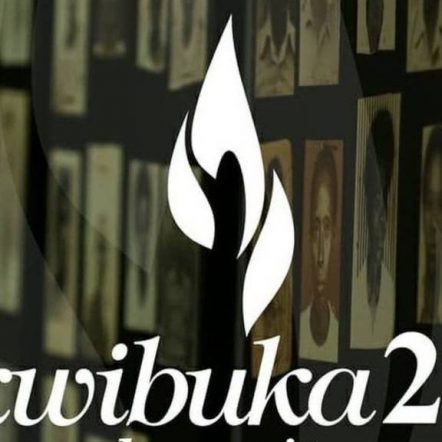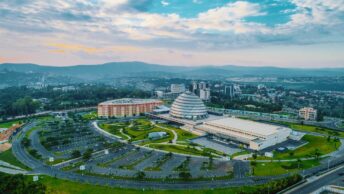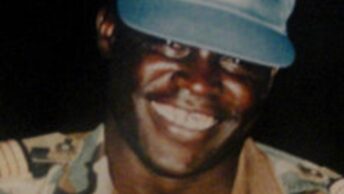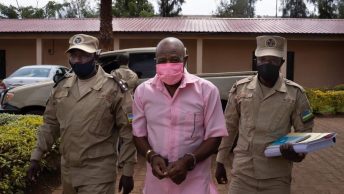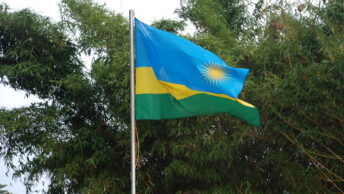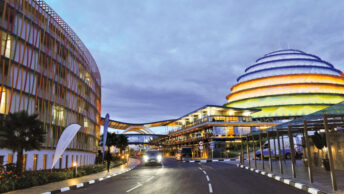With these powerful and emotional words, President Kagame kicked off a month of events to commemorate the genocide against the Tutsi in 1994.
In a speech that may go down in history as the best and most powerful of his presidency, President Kagame succinctly, and in vintage Kagame style, put Rwanda’s detractors and enemies on notice not to mess with Rwanda.
“For those from here or from outside who think our country has not seen enough of a mess and want to mess with us …I want to say, we will mess up with them big time.” Short, sweet, loud and clear. And I have an idea of the intended audience. But that is a a topic for days ahead.
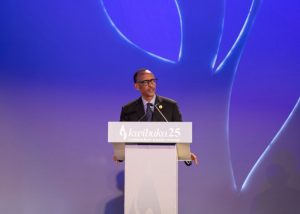
“Twenty five years later, the president went on, “here we are. All of us. Wounded and heartbroken, yes. But unvanquished.”
Kagame took pains to debunk the theory that the genocide against the Tutsi was started by one single event — as if this really needed explaining.
“The genocide did not begin on one specific day. It has a history.”
“Why were refugees Rwanda’s biggest export, for decades? Why were the same people repeatedly targeted for persecution and massacre, from the late 1950s to the 1990s?
Why did some parents even kill their own children, who looked a certain way?
President Kagame concluded, “None of that started with a plane crash. So where did it come from?”
This was a speech laden with historical perspective and strong on unity, reconciliation, but with a caution that Rwandans must never forget. It eloquently explained the strength and resilience of Rwandans.
“ In 1994, there was no hope, only darkness. Today, light radiates from this place.
How did it happen?
Rwanda became a family once again. The arms of our people, intertwined, constitute the pillars of our nation. We hold each other up.”
In words that shook the audience in a philosophical and deep way, the President quoted the words of a young Rwandan poet; “Where was God on those dark nights of genocide?”
Believe I am not, but when the president uttered the following words, “Looking at Rwanda today, it is clear that God has come back home to stay” I almost agreed.
On a day that reminds Rwandans of those horrid 100 dark days, the nation will sleep soundly tonight, well knowing that a man with nerves of steel and integrity is at the helm, and if he has sailed our ship of State through turbulent and muddy waters all these years, surely he can safely dock without a hitch.
The president’s closing remarks were music to my ears. He said, “As for the dishonorable who remain impervious to regret, it is not our problem.”
“We are far better Rwandans than we were. But we can be even better still.”

